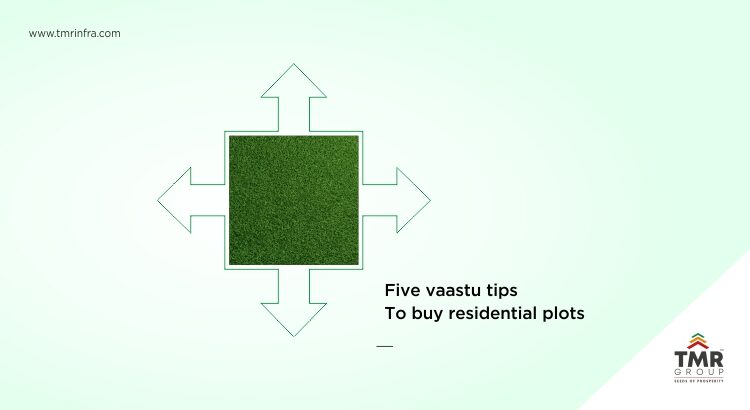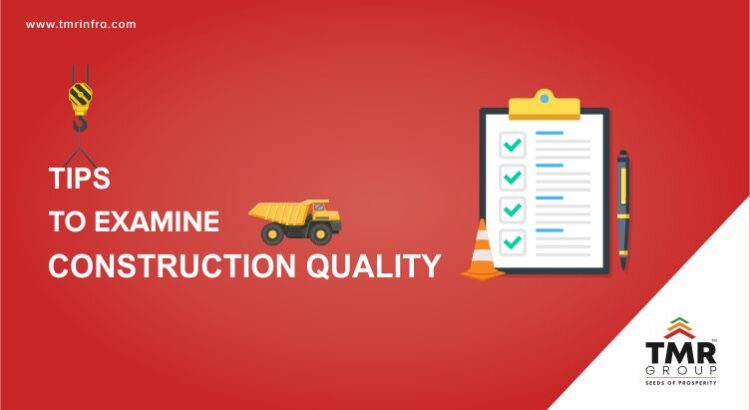One of your most rewarding investments in building wealth is through a plot of land, especially in a fast-growing city like Hyderabad. With its dynamic development, IT hubs, and excellent connectivity, Hyderabad offers an abundance of opportunities for those looking to invest in real estate. However, before buying a plot in Hyderabad you require careful […]
Tag: Soil Quality

Five Vaastu tips to buy residential plots
Vaastu Shastra is an ancient system of architecture based on old texts that describe the layout, measurement, design, alignment, preparation of land, spatial arrangement of various structures along with ways to integrate them with nature. Each aspect has a benefit and is considered to be auspicious. While building a house or buying a home, it […]

TMR: RERA & homebuyers: A long road ahead!
We all dream of owning a house one day and then often spend a lifetime earning and saving to make it come true. To put your entire hard-earned money into something uncertain is really scary. Several questions pop up in our minds when we decide on finally buying a home. Right from the location and […]

Tips to Examine Construction Quality
Every monsoon brings us, news about collapsing roofs and walls that flood us with worries about the quality and longevity of our homes. As a home buyer, you wouldn’t buy a home that’s placed in an unsafe building. Also, as a developer, you never want to compromise on the quality of your constructions and the […]
